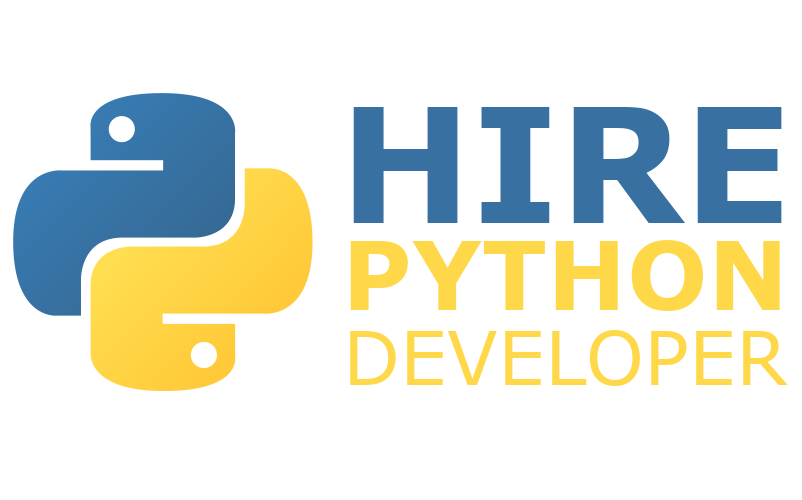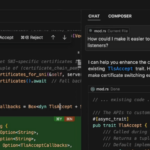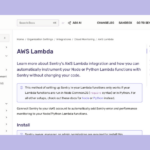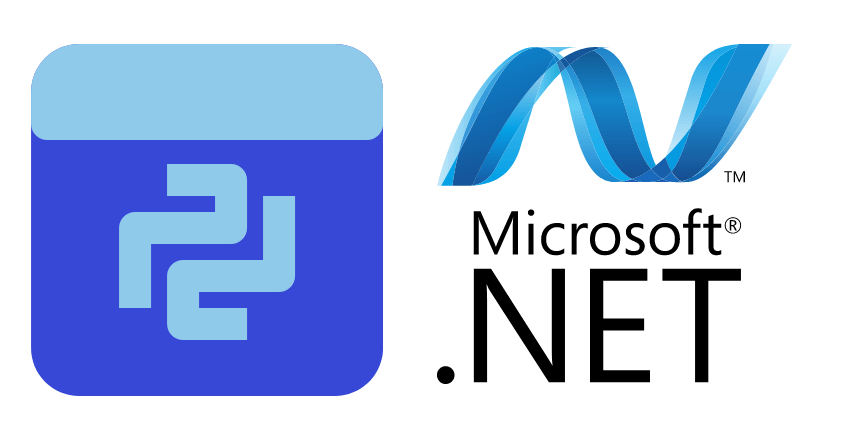
Python for .NET developers represent a leap into a world where code simplicity meets project flexibility. A topic as fascinating as it’s important.
Let’s commence our journey, shall we?
You might wonder, “Can a .NET developer learn Python?” An astounding, “Yes!” is my response. In our technologically advancing world, a developer’s arsenal should include a variety of languages, and Python is an excellent addition.
This language, famous for its simplicity and readability, has become a powerful tool for developers worldwide, especially those familiar with .NET.
Act 1: The Early Days
Flashback to the late 90s. .NET was Microsoft’s newborn, a response to the growing demand for a unified programming model. Around the same time, Python was gaining traction for its simplicity and ease of learning.
Act 2: The Intersection
Fast forward to the mid-2000s, a critical period where paths crossed for Python and .NET. Python for .NET became a reality, opening doors for developers to leverage the strengths of both platforms. This combination made tasks like calling Python from C# .NET core a breeze. It was like fitting together pieces of a jigsaw puzzle – they just clicked!
Act 3: Python Rises
As years rolled on, Python’s popularity surged, making it one of the most loved languages. “Is Python better than C#?” some developers asked. Not necessarily better, but different and advantageous in its ways. Python’s simplicity and robust libraries, especially for data analysis and machine learning, started turning heads in the .NET community.
Act 4: Python for C# Developers
In the present day, Python for C# developers isn’t just an option – it’s a smart move. Whether you’re reading a Python for C# developers’ book or following a python.net tutorial, acquiring Python skills will undoubtedly augment your capabilities as a .NET developer.
Key Takeaway
Python and .NET are like two sides of a coin – different, yet complementary. Both have unique strengths that, when combined, can lead to impressive results.
Exemplify
Imagine a .NET developer working on a project that involves a considerable amount of data analysis. With Python in his toolset, he can seamlessly switch between .NET for application development and Python for data processing.
Pro Tip
Start with basic Python syntax and gradually move to complex libraries. Take one step at a time, and you’ll soon be adept at using Python alongside .NET.
Pros and Cons
Every coin has two sides, and Python for .NET developers is no exception. On the bright side, Python enhances .NET developers’ capabilities, especially in data-intensive tasks. It offers a vast range of libraries and frameworks, making it easier to accomplish complex tasks. However, Python’s performance speed lags behind C#, which may be a critical factor for some applications.
Act 5: Future – .NET working with Python
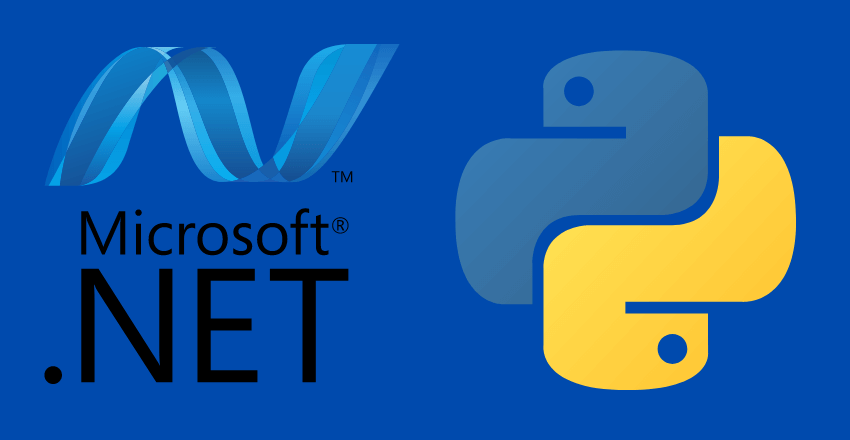
Moving forward, .NET working with Python is a partnership we can expect to grow. With Microsoft’s move towards open-source and cross-platform technologies, we might see more integration between Python and .NET, leading to more learning Python after C# scenarios. Indeed, Python can be good for .NET developers, broadening their horizons and introducing them to new possibilities.
Developer ask questions
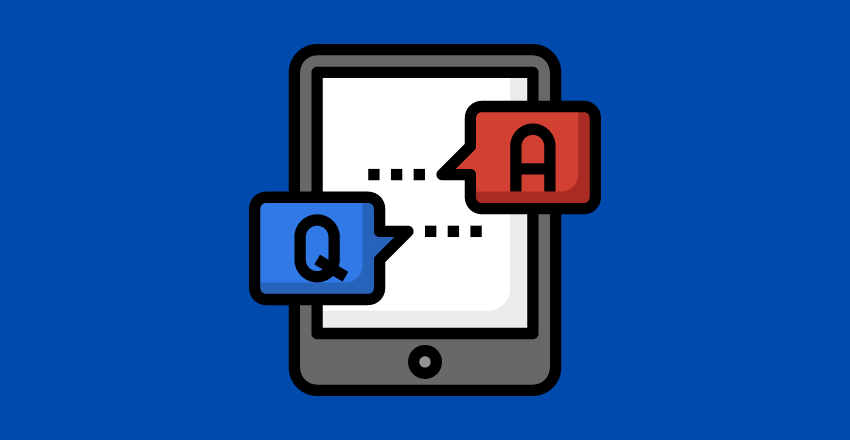
I have seen many queries pop up repeatedly. Let’s address some of these questions.
Act 6: Is Python Good for .NET Developer?
In my experience, Python certainly is an asset for .NET developers. Why so? Well, Python’s simplicity can act as a catalyst in quick prototyping, making it ideal for testing ideas and concepts. Its extensive library ecosystem also helps tackle tasks outside the .NET realm, especially in data science and machine learning domains.
Act 7: Does .NET Work with Python?
Indeed, .NET does work with Python. IronPython, for instance, is an excellent example of Python implementation targeting .NET and Mono frameworks. This interoperability empowers developers to call C# from Python and vice versa. You can, for example, use C# to create a GUI and Python for backend processing.
Act 8: Can I Switch from .NET to Python?
Definitely! It’s like learning a new instrument. The music remains the same; just the notes change. From building web applications with Django to data analysis with pandas, Python offers diverse opportunities.
And don’t worry about getting stuck – there’s a plethora of resources like Python for C# developers books and python.net tutorials to help you in your journey.
Act 9: Is Python Better Than C#?
Apples and oranges – that’s what Python and C# are. Each language has its strengths. Python shines with its simplicity and vast libraries, making it ideal for data science and machine learning. C#, on the other hand, excels in enterprise-scale applications, thanks to .NET’s comprehensive framework.
Act 10: Python for C# Developers
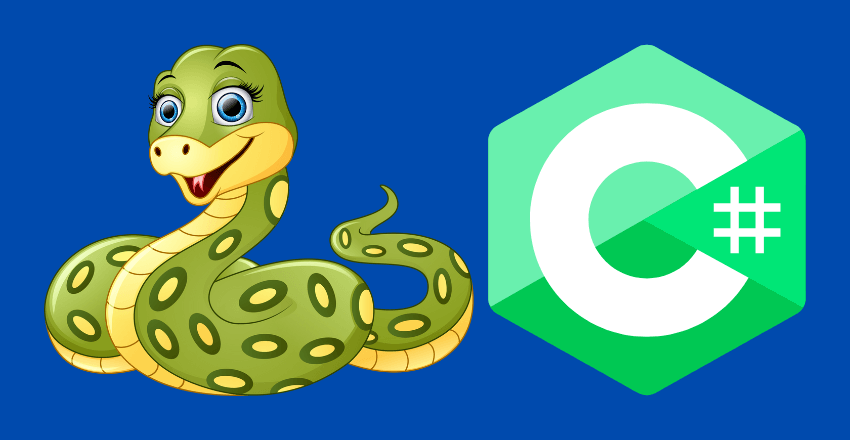
C# developers exploring Python find a refreshing change in syntax and style. Python’s dynamism and expressiveness combined with its powerful features can give your projects a new perspective. Furthermore, Python’s compatibility with ASP.NET opens avenues for web development too.
Key Takeaway
Python and .NET can harmoniously coexist, each complementing the other’s strengths. The choice between Python and C# boils down to the project’s requirements and personal preference.
Exemplify
Consider a C# developer tasked with implementing machine learning. Python, with its rich ecosystem of data science libraries, can be a boon here.
Pro Tip
Embrace the differences between Python and C#. It’s like learning a new dialect – challenging at first, but rewarding in the end.
Pros and Cons
The fusion of Python and .NET offers a powerful combination of enterprise-grade application development and data processing capabilities. However, the performance difference between Python and C# might be a factor to consider in resource-intensive applications.
Act 11: Python’s Readability and Maintenance
Python’s readability is a significant asset that often gets overlooked. Its syntax is clean and straightforward, which promotes more readable code. This characteristic is particularly useful when working in large teams where multiple developers might work on the same codebase. Python helps maintain a standard, clean code structure, making code reviews and bug fixes more manageable.
Act 12: Extensive Libraries and Frameworks
Python’s vast selection of libraries and frameworks is another advantage. From NumPy and SciPy for numerical computations, Django and Flask for web development, to TensorFlow and PyTorch for machine learning – Python provides a library for almost every need. As a .NET developer, you’ll find these resources incredibly helpful for tasks beyond the .NET scope.
Act 13: Interoperability with .NET
Python’s interoperability with .NET is a significant advantage. Using libraries like pythonnet, you can call .NET code from Python and Python code from .NET. This interoperability allows you to leverage the strengths of both platforms, creating a powerful and flexible development environment.
Act 14: Python’s Popularity in the Job Market
Python’s increasing popularity in the job market is another factor to consider. From data science to web development, Python skills are in high demand. As a .NET developer, adding Python to your repertoire can open new career opportunities and increase your marketability.
Key Takeaway
Python’s readability, extensive libraries, interoperability with .NET, and job market popularity make it an excellent addition to a .NET developer’s skill set.
Exemplify
Consider a .NET developer tasked with building a web application that also involves heavy data processing. With Python in their toolkit, they can effectively use .NET for the application structure and Python for handling data-related tasks.
Pro Tip
Stay open-minded and be patient with yourself as you learn Python. The initial learning curve might seem steep, especially if you’re coming from a .NET background, but remember that every expert was once a beginner.
Pros and Cons
The integration of Python into the .NET environment enhances flexibility and provides a robust toolset for various tasks. However, keep in mind that Python’s performance may not match C# in certain scenarios. Therefore, thoughtful decision-making is crucial when choosing the right tool for the task at hand.
Wrapping up
Whether you’re a .NET developer considering Python or a Python developer intrigued by .NET, broadening your skillset can only open new doors. The world of programming is vast and diverse, and knowing different languages only enriches your journey.
So, don’t shy away from the opportunity – dive in, explore, and enjoy the process!
Matthew is a technical author with a passion for software development and a deep expertise in Python. With over 20 years of experience in the field, he has honed his skills as a software development manager at prominent companies such as eBay, Zappier, and GE Capital, where he led complex software projects to successful completion.
Matthew’s deep fascination with Python began two decades ago, and he has been at the forefront of its development ever since. His experience with the language has allowed him to develop a keen understanding of its inner workings, and he has become an expert at leveraging its unique features to build elegant and efficient software solutions.
Matthew’s academic background is rooted in the esteemed halls of Columbia University, where he pursued a Master’s degree in Computer Science.
As a technical author, Matthew is committed to sharing his knowledge with others and helping to advance the field of computer science. His contributions to the scientific computer science community are invaluable, and his expertise in Python development has made him a sought-after speaker and thought leader in the field.
